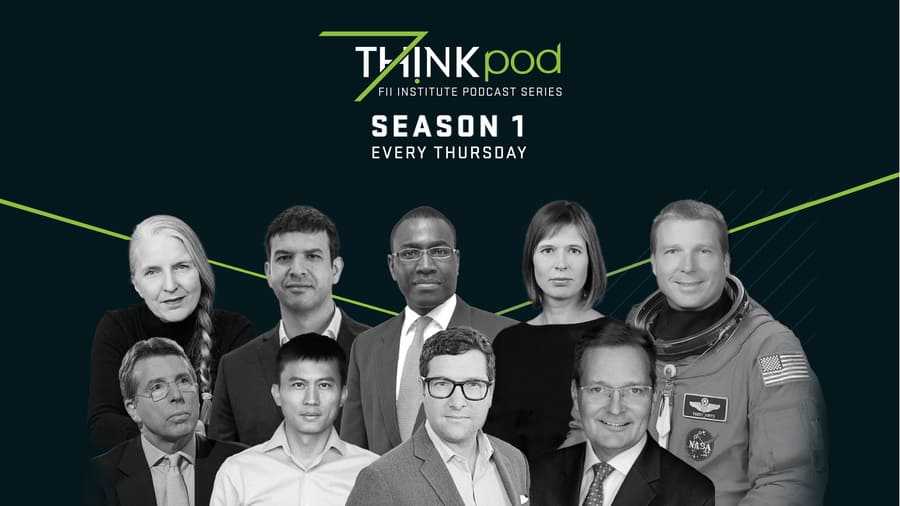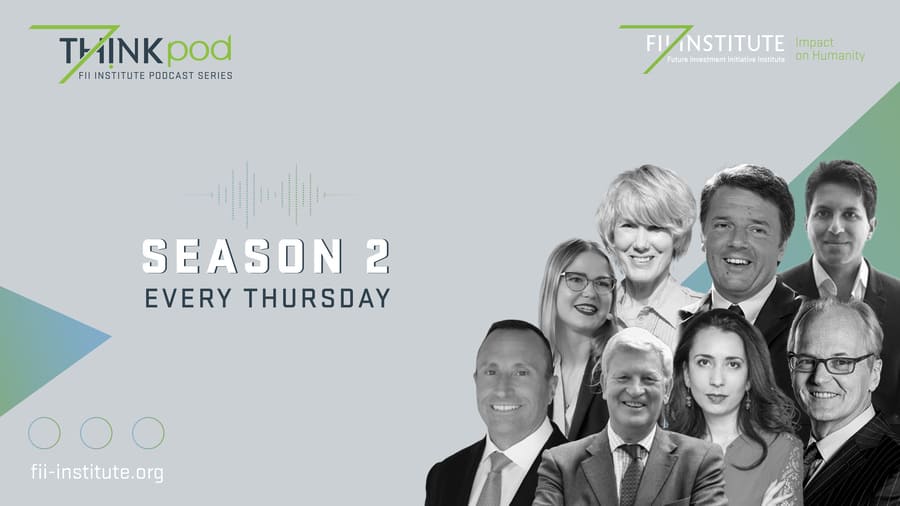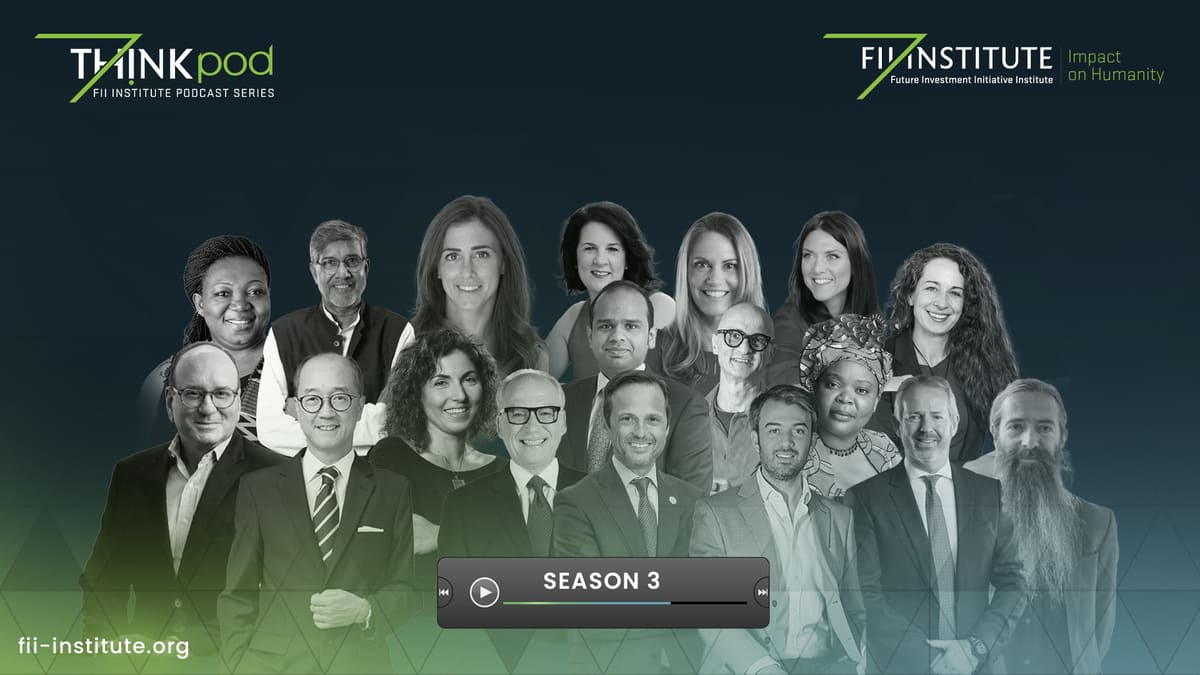KNOWLEDGE CENTER
Guidance for the global community of investors, policy makers, business executives and humanists seeking insight into a promising future.
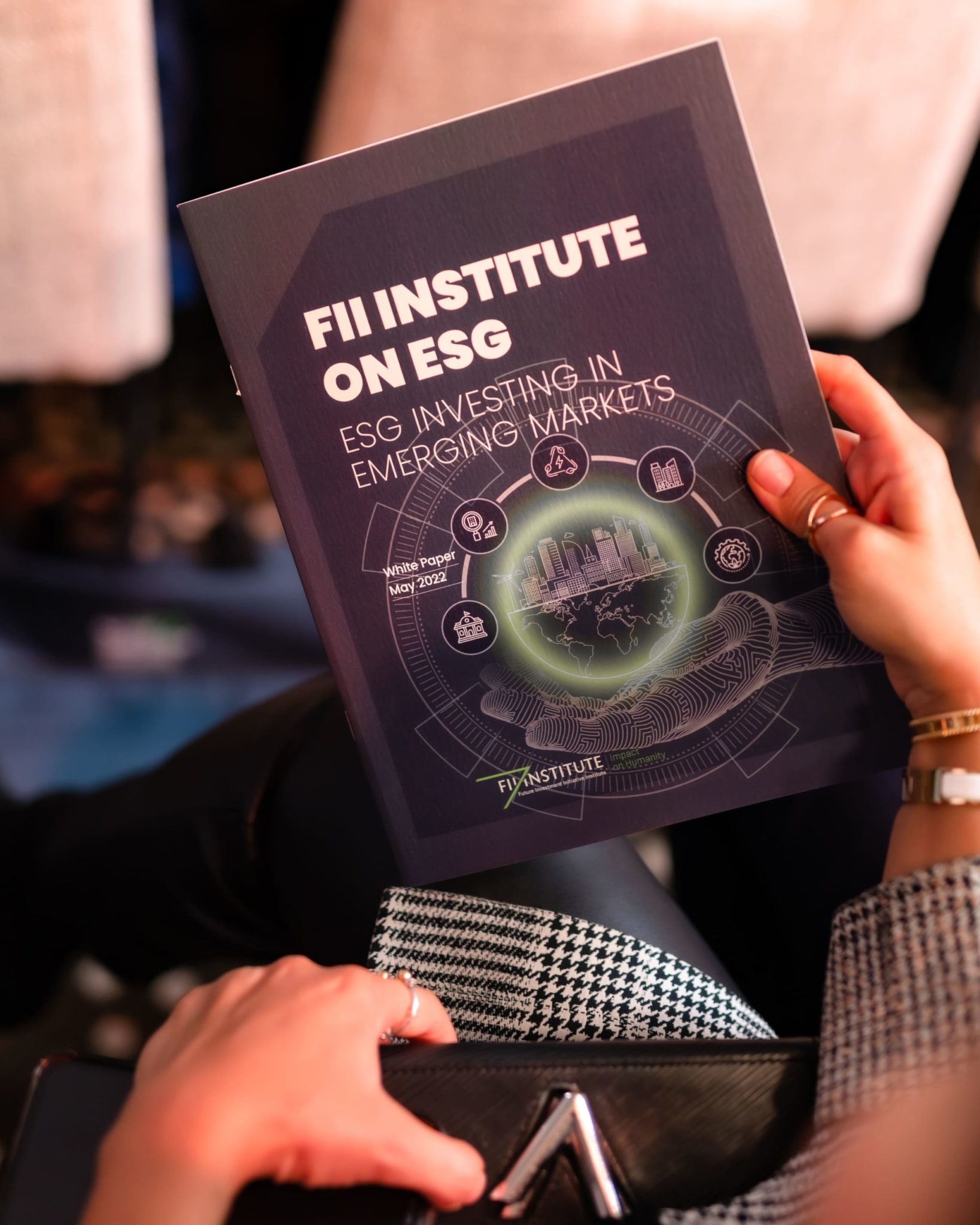
PUBLICATIONS
View All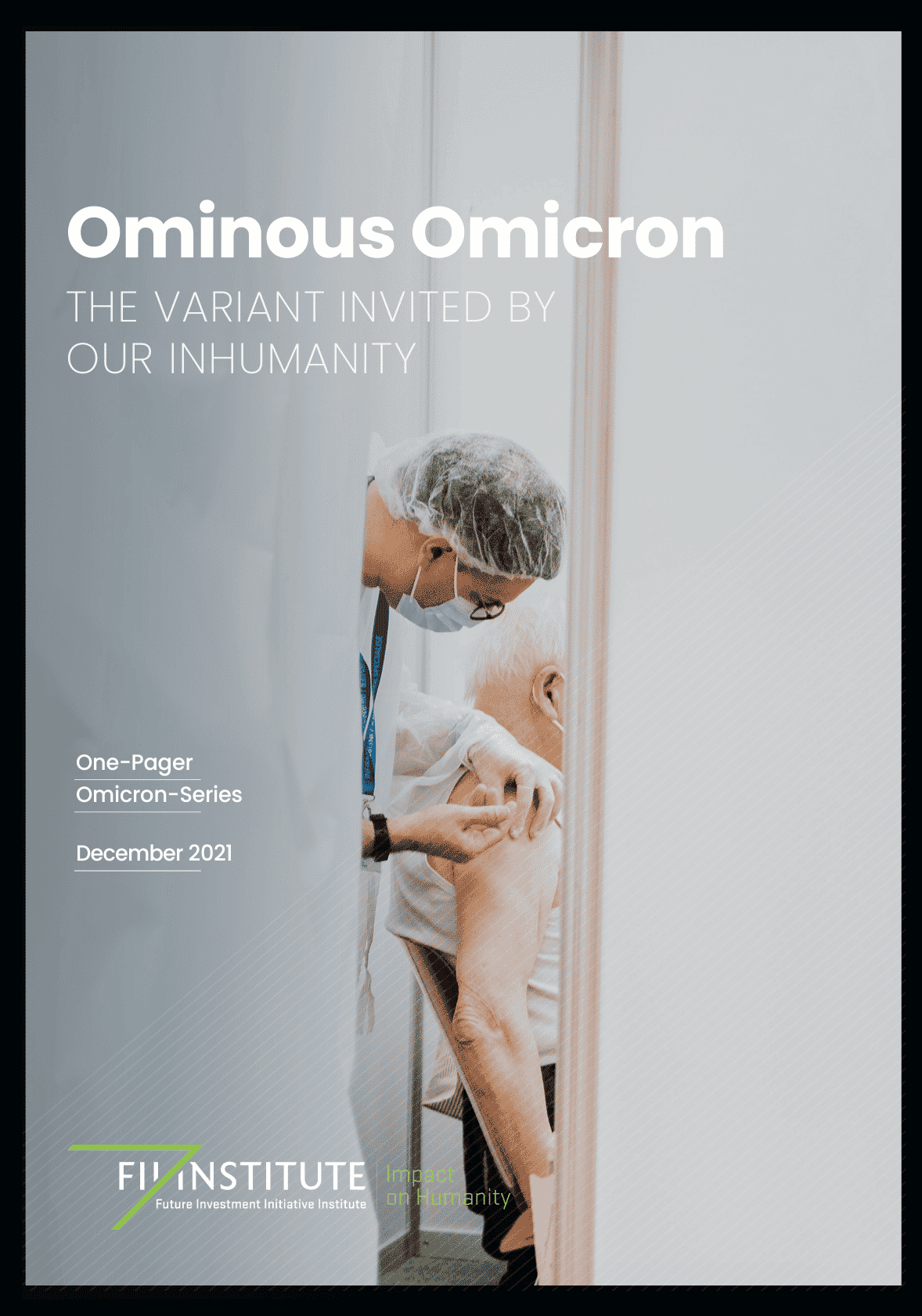
Healthcare
Ominous Omicron
Just as the world began glimpsing the light at the end of the tunnel of an arduous battle against the COVID-19 pandemic - bolstered by the development of several highly efficient vaccines - a new variant of “high concern” as designated by WHO has emerged. And, while the debate continues to rage about the origins of SARS-CoV-2 and how much of it, if any, was human influenced, there should be no doubt that humans shoulder the lion’s share of the blame for the emergence of the Omicron variant.

Healthcare
KSA: Partnering to advance health security
As previously witnessed with the major outbreaks of West Africa Ebola virus in 2014, Middle East Respiratory Syndrome (MERS) in 2012, and Zika in 2016, emerging infectious diseases (EIDs) have too often been neglected or perceived as distant problems. Despite repeated warnings of the increasing threat of epidemics and pandemics, both public and private sector actors have repeatedly failed to prioritize the forward-looking investments, systems, and structures that are necessary to ensure that vaccines, therapeutics, diagnostics, and other medical countermeasures and lifesaving tools are ready to deploy right at the outset of an outbreak to curb the spread of disease before it becomes a global health emergency.

Sustainability
Securing a future for coral reefs
ABOUT TWO-THIRDS OF THE GLOBAL extent of tropical coral reefs has al- ready been lost – 14 percent of that in the last decade alone, largely as a result of cli- mate change. Even if we reach the most ambitious goal of the Paris Agreement, 75–90 percent of those remaining are projected to disappear by 2035. Securing a future for coral reefs requires an all-hands-on-deck effort. We must mobilize scientists, technologists, innovators, policymakers and philanthropists. We need to develop and deploy at scale the next generation technologies and science that will enable us to conserve and restore coral reefs.
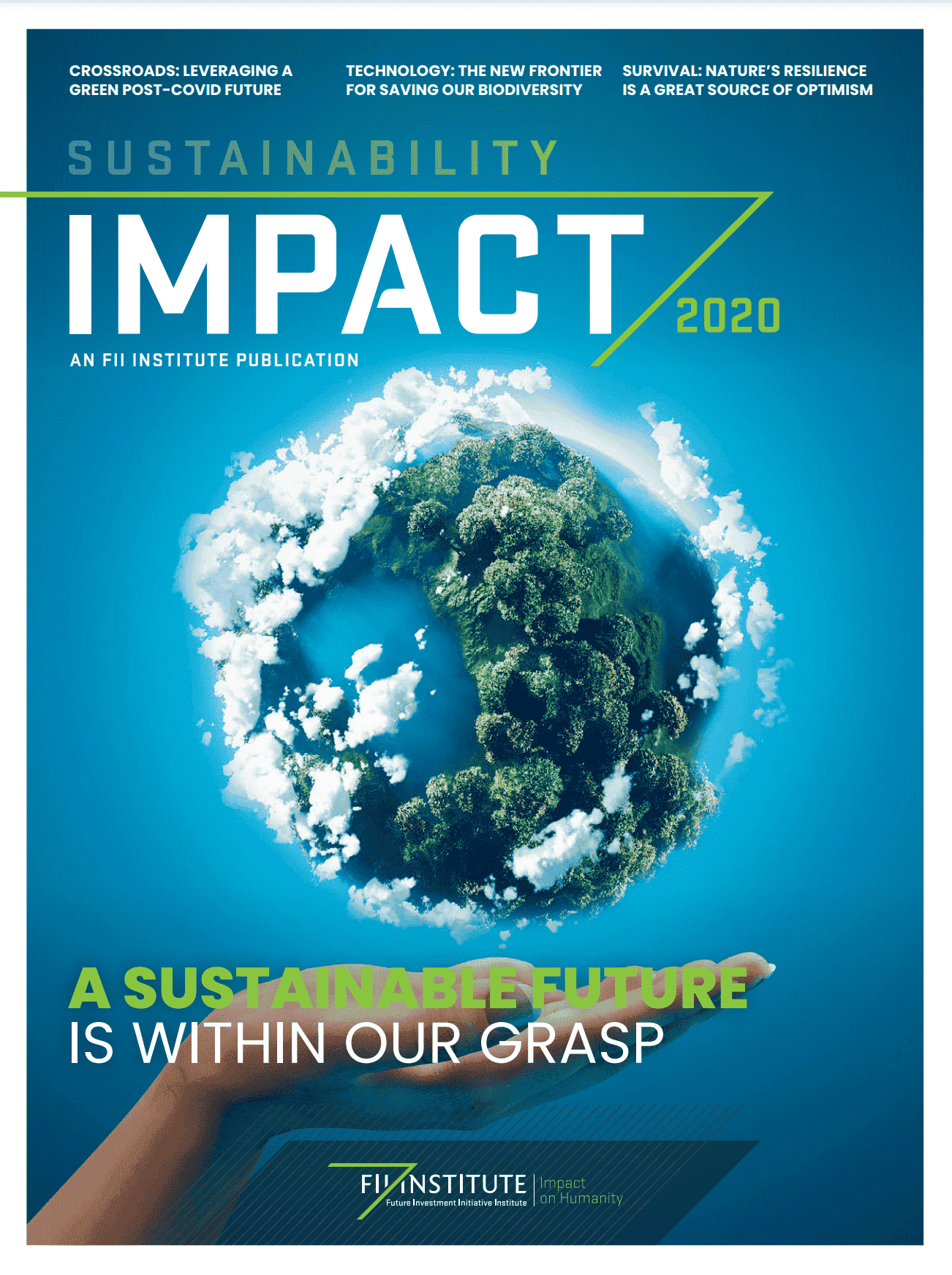
Sustainability
A sustainable Future is within your grasp
We published this Impact report as the world sits at a crossroads, being pulled in two directions. Covid-19 has devastated economies as an estimated 1.6 billion workers globally face threatened livelihoods. Economic recovery and job creation are now a top priority. At the same time, we face a climate crisis that prevents us from firing up those engines of economic growth that have proved so environmentally damaging in the past.
TH!NKpod
View AllLearn more
POST EVENT REPORTS
View AllFEATURED CONTRIBUTIONS
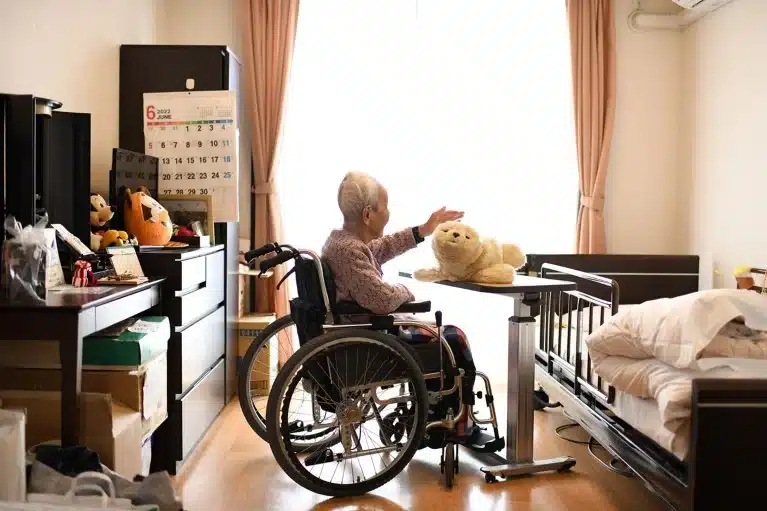
Are robots the solution to the crisis in older-person care?
Addressing global elderly care resource shortages, social robots provide companionship and assistance, enhancing the well-being and independence of the elderly. But, some researchers are beginning to question if these devices are ready for widespread use or if the investment in technology is better spent in traditional care methods. Explore the debate in our recent Nature sponsor feature here
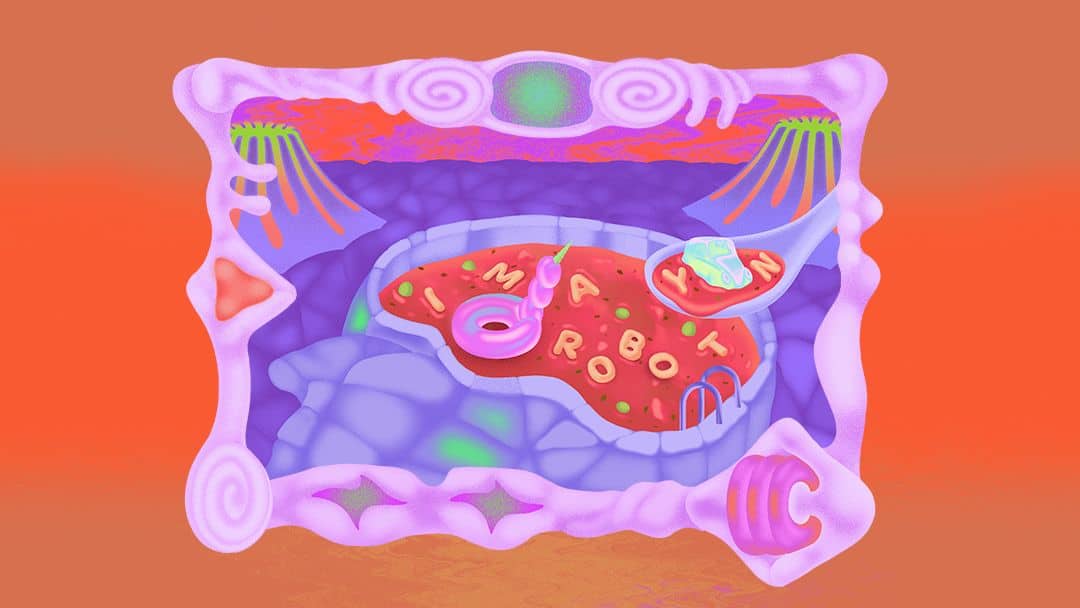
A test of artificial intelligence
As debate rages over the abilities of modern AI systems, scientists are still struggling to effectively assess machine intelligence.
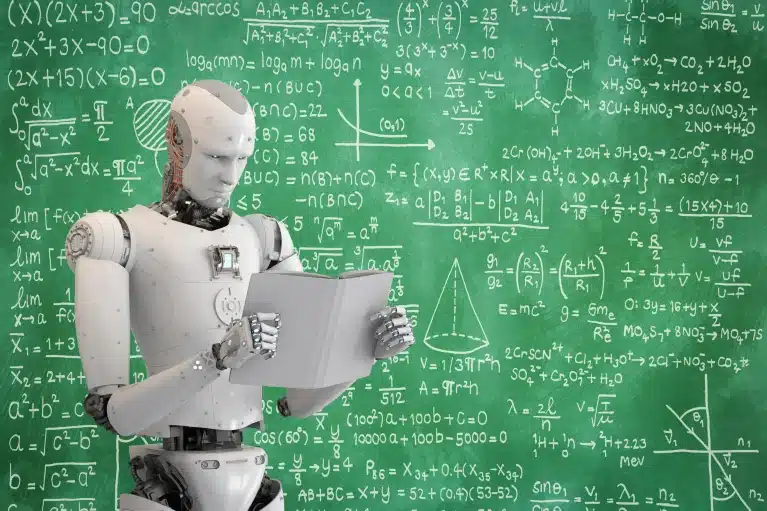
Will ChatGPT give us a lesson in education?
There might be a learning curve as AI tools grow in popularity, but this technology offers teachers opportunities to help pupils acquire new skills around formulating questions and in critical thinking.
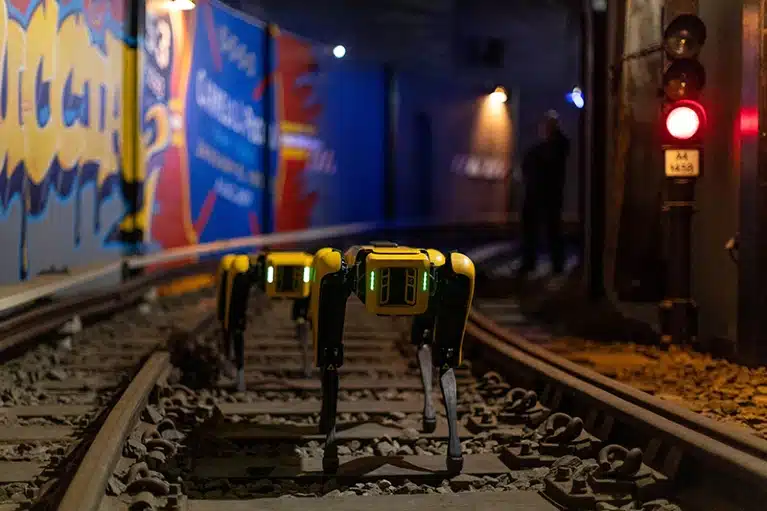
Robots need better batteries
As mobile machines travel farther from the grid, they’ll need lightweight and efficient power sources.

Accelerating sustainable finance in the Middle East and Africa
Financial institutions and governments in the region must drive the development and growth of sustainable finance to respond to the climate crisis.
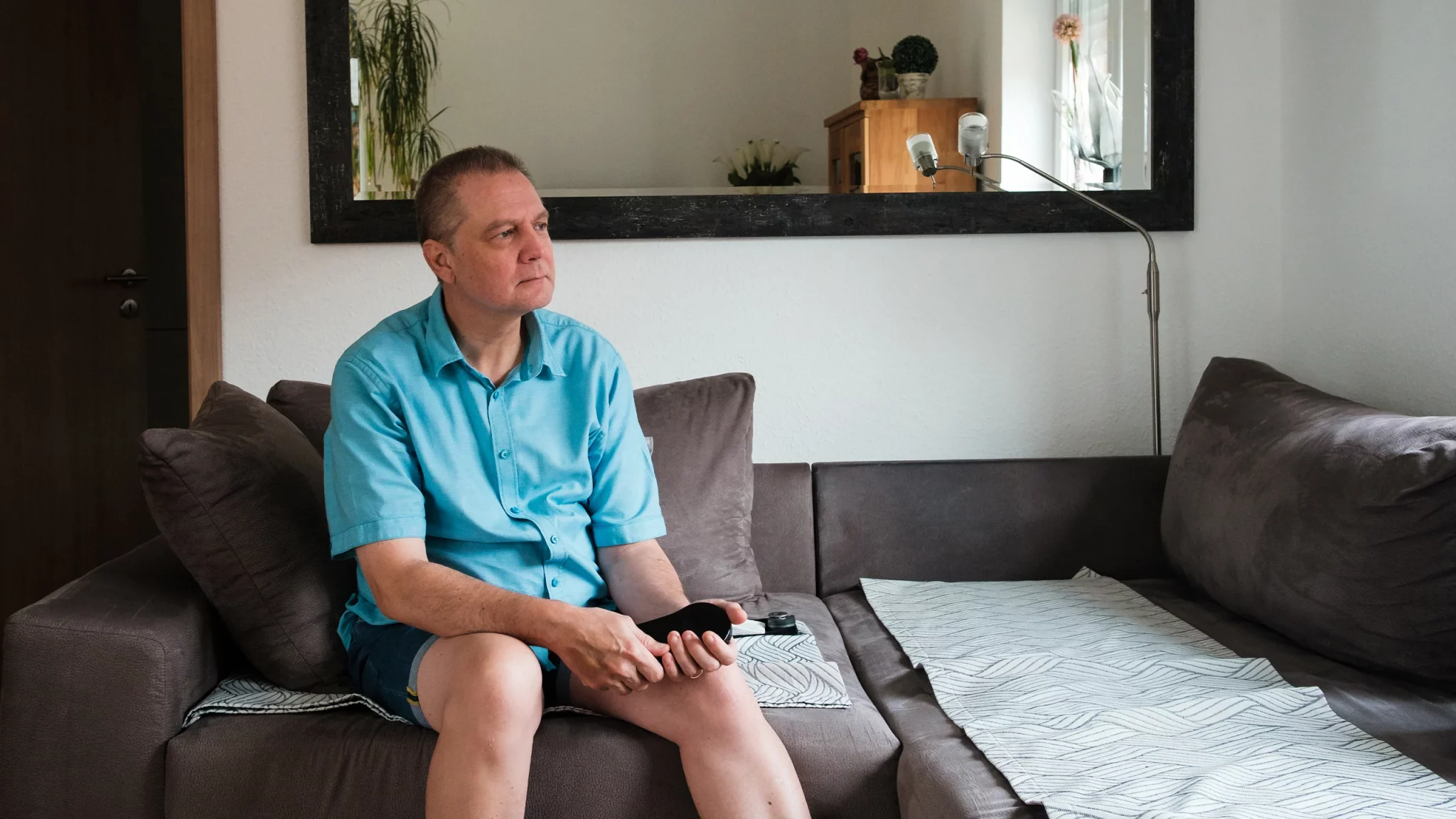
Abandoned: The Human Cost of Neurotechnology Failure
When the makers of electronic implants abandon their projects, people who rely on the devices have everything to lose.
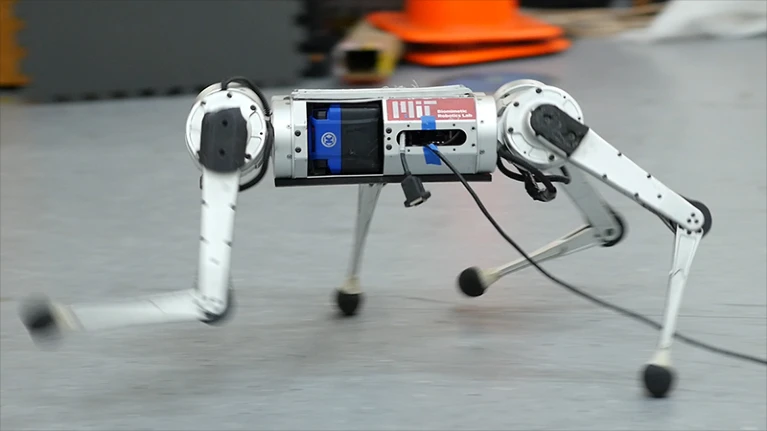
Bioinspired robots walk, swim, slither and fly
Engineers look to nature for ideas on how to make robots move through the world.
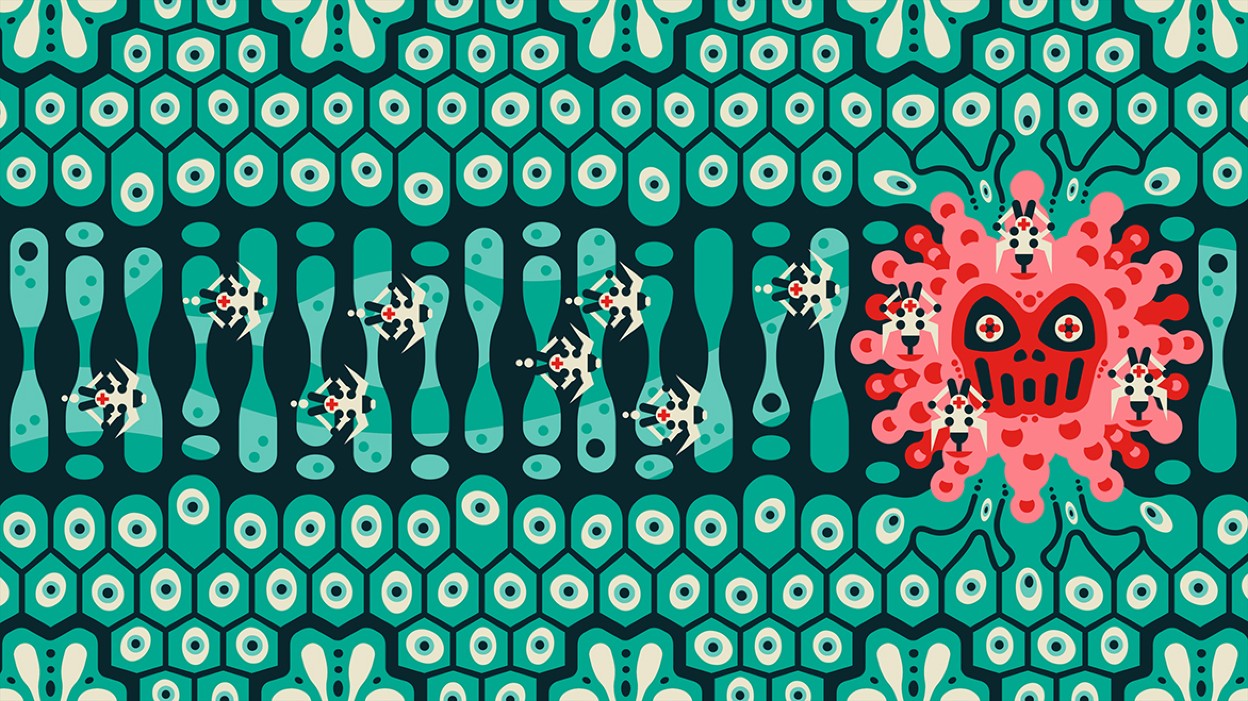
Miniature medical robots step out from sci-fi
Tiny machines that deliver therapeutic payloads to precise locations in the body are the stuff of science fiction. But some researchers are trying to turn them into a clinical reality.
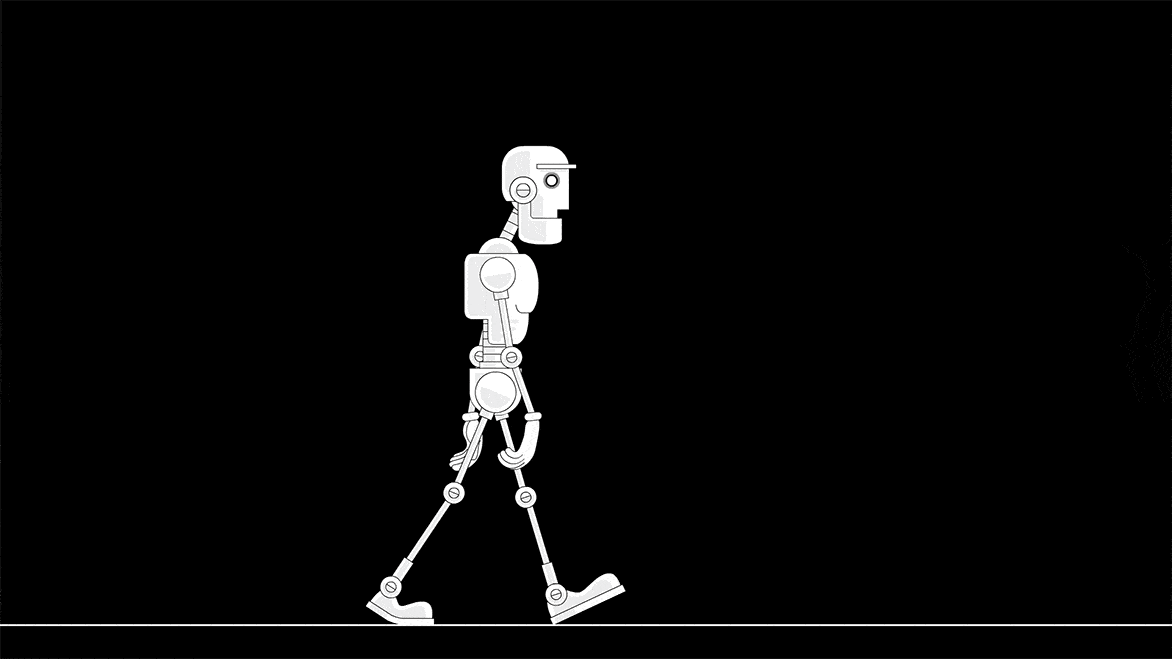
Learning over a lifetime
Artificial-intelligence researchers turn to lifelong learning in the hopes of making machine intelligence more adaptable.
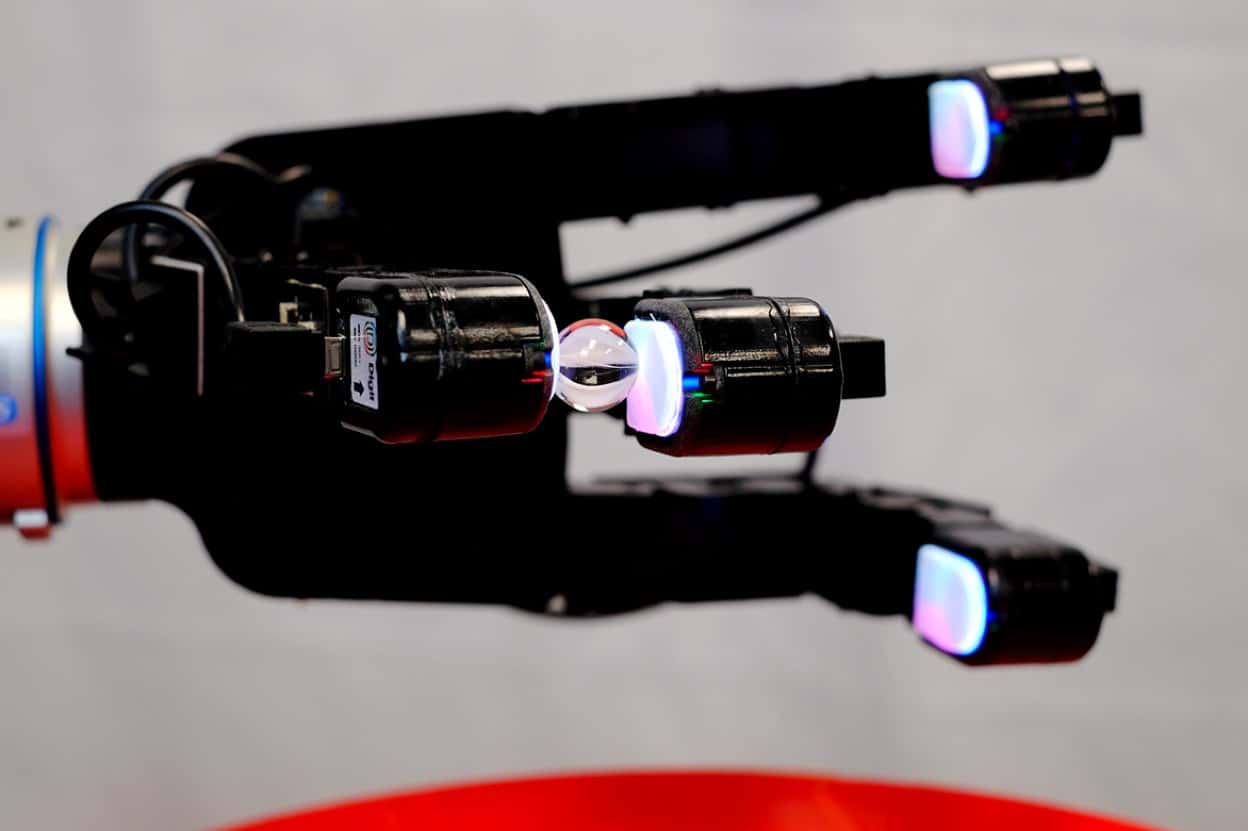
Teaching robots to touch
Robots have become increasingly adept at interacting with the world around them. But to fulfil their potential, they also need a sense of touch.
Strategic Partners’ Perspectives
Academic Partners’ Impact

HEC Paris x FII Institute: Recap of 2022
The FII Institute's partnership with HEC Paris aims to make a positive impact on humanity through their THINK Pillar. Associate Professor Daniel Halbheer's research chair on "Business Models for the Circular Economy" focuses on reducing resource and environmental footprints while having economic and social benefits.


